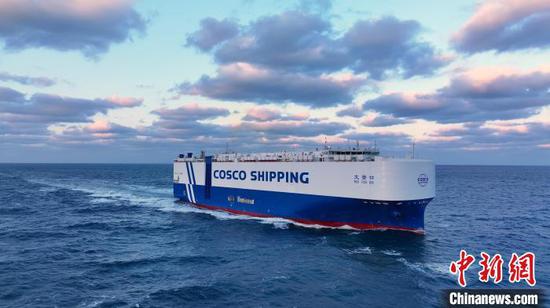
The dual-fuel car carrier with a capacity of packing 8,600 vehicles, named Wen Jing Kou, is delivered, March 20, 2025. (Photo/China News Service)
China's independently developed dual-fuel car carrier with a capacity of packing 8,600 vehicles was delivered on Thursday. Its hull assembly and commissioning time at the dock and shipyard were reduced to just 200 days, marking the fastest construction record for large vehicle carriers in China for this phase, according to media reports.
The large vehicle carrier measures 199.9 meters in overall length and 38 meters in beam. As a dual-fuel vessel capable of using both fuel and liquefied natural gas (LNG) as power sources, it boasts 14 decks capable of carrying up to 8,600 vehicles, including cars, trucks, and buses. Its design optimizes loading and unloading efficiency, China Media Group reported.
Named Wen Jing Kou and built by Shanghai Waigaoqiao Shipbuilding Co and China Shipbuilding Trading Co, the vessel also boasts versatile cargo adaptability, flexible loading configurations, environmentally-friendly emissions, operational agility, and cost effectiveness, chinanews.com reported on Thursday.
The Wen Jing Kou is set for its maiden voyage on a Europe liner service, departing from Shanghai with over 5,700 commercial vehicles and engineering equipment bound for major ports, including Bristol in the UK and Zeebrugge in Belgium.
The operation will effectively alleviate the pressing capacity demand on the European route, which will also inject robust momentum from Chinese manufacturing into global automotive trade and the green development of international shipping, per the report from chinanews.com.
China's three major shipbuilding indicators all showed positive trends in 2024, data from China's Ministry of Industry and Information Technology revealed in January. The figures also marked the 15th consecutive year China has led these indicators globally, according to official data.
Moreover, China's new shipbuilding orders for green power vessels have been steadily increasing its share in the global market, rising from 31.5 percent in 2021 to 78.5 percent in 2024. Some shipbuilding companies have made technical reserves in green fuel areas such as LNG, hydrogen and ammonia, positioning themselves to secure orders promptly, media reports said.



























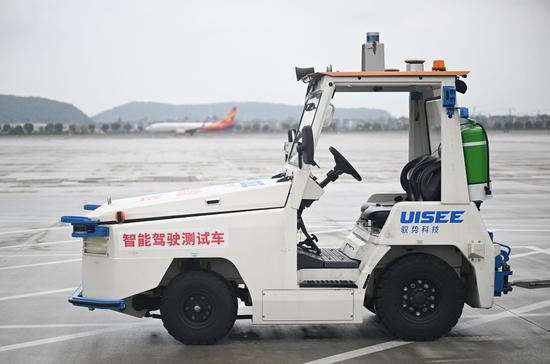




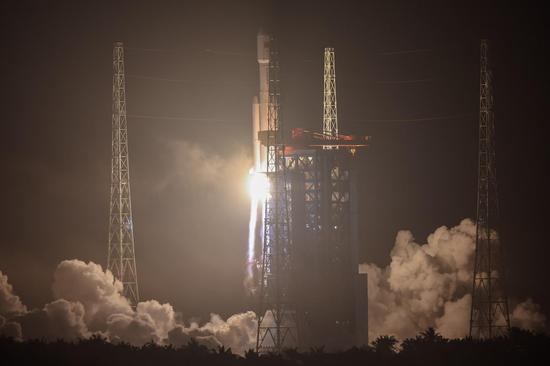




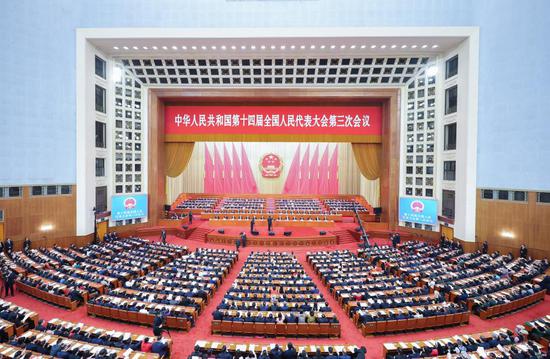



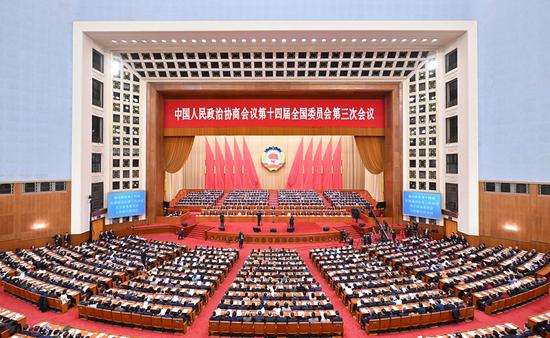








 京公网安备 11010202009201号
京公网安备 11010202009201号